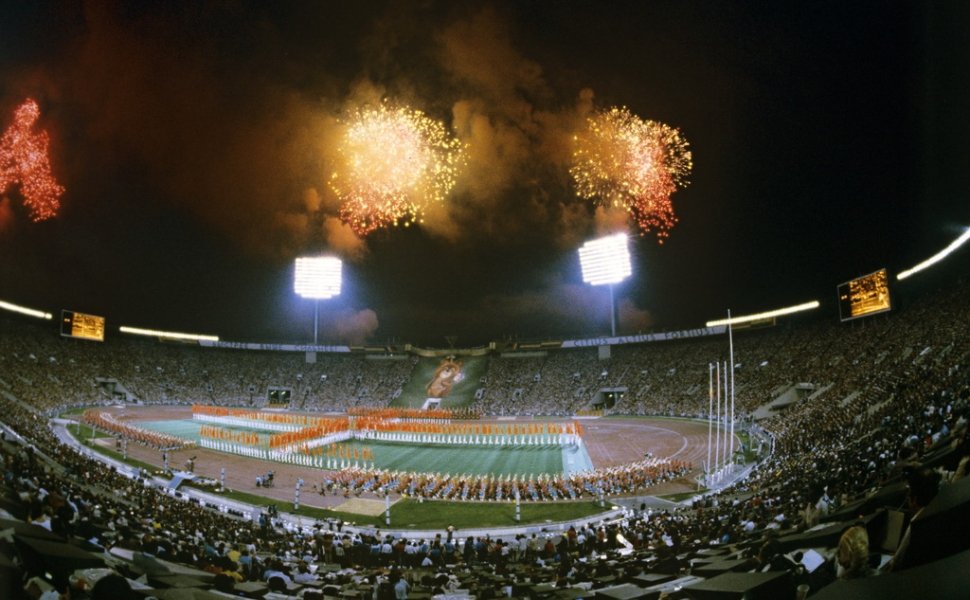The 1980 Moscow Olympics Boycott


US Olympic Committee votes to boycott Moscow Olympics, following Soviet invasion of Afghanistan
On this day 37 years ago, the United States Olympic Committee voted to support Jimmy Carter's call for a boycott of the 1980 Moscow Olympic Games. The vote followed a speech by Vice President Walter Mondale, who advanced the administration's rationale for the boycott. President Carter believed the US could no longer support the Moscow-hosted Olympics after Soviet troops invaded Afghanistan in December 1979 and staged a coup to install Soviet loyalist Babrak Karmal as president. In response to the invasion, the Carter administration demonstrated a more muscular approach to the USSR:
“To show the Soviet Union that it cannot invade another nation and still conduct business as usual with the United States, our country has embargoed 17 million tons of grain, tightened controls on high technology trade… and offered to help other sovereign states in the region to maintain their security.”
With this stringent foreign policy in mind, Mondale claimed that US participation in the Moscow Olympics would run counter to these efforts and be seen as an implicit approval of the Soviets’ continued aggression in Afghanistan.
Mondale distilled the singular importance of the US and its allies’ response to the Moscow Olympics, linking this to the broader US approach to the USSR that reflected the escalating tensions between the two nations:
“Above all, the decision you will make today is not a choice between a sports issue and a national security issue; for the President and Congress have made it clear that the Olympic boycott is a genuine element of America’s response to the invasion of Afghanistan… It is a keystone in our call to our allies for solidarity… And thus it is also a referendum on America’s character and fundamental values.”
Following Mondale’s emphatic address, the USOC agreed with President Carter’s proposal and voted to uphold this boycott of the Moscow Olympics. More than 60 other countries joined in the boycott in a significant moment in Cold War cultural history.
For more on the boycott and Olympics history, listen to CWIHP's Sport in the Cold War podcast, and subscribe on Soundcloud and iTunes.
Guest

History and Public Policy Program
A leader in making key foreign policy records accessible and fostering informed scholarship, analysis, and discussion on international affairs, past and present. Read more


Cold War International History Project
The Cold War International History Project supports the full and prompt release of historical materials by governments on all sides of the Cold War. Read more

